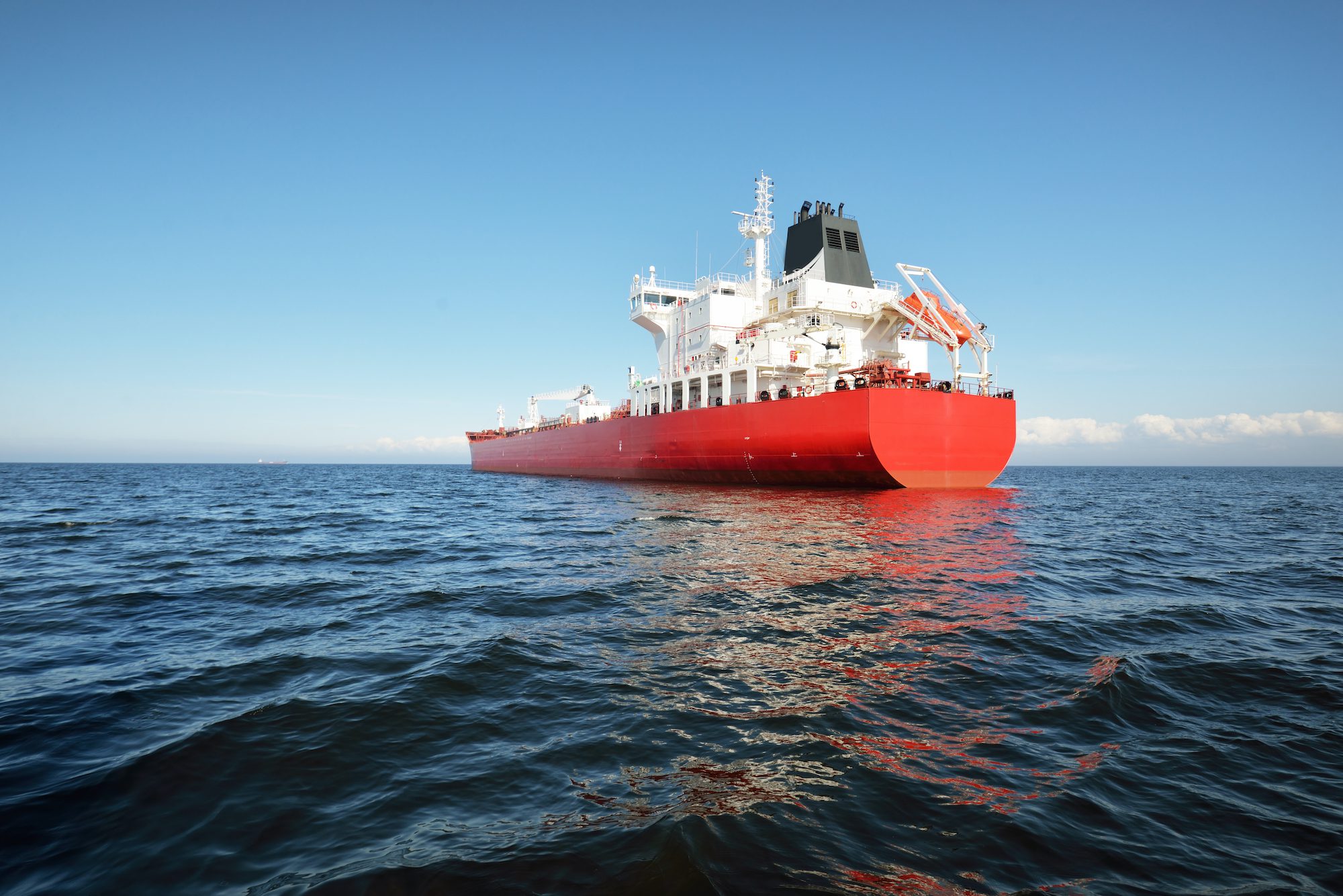- Messages
- 23,185
- Reaction score
- 4,280
- Points
- 288
US Issues New Sanctions Over Russian Oil Price Cap Violation
The U.S. Department of the Treasury’s Office of Foreign Assets Control (OFAC) has imposed sanctions on four entities and identified one tanker as blocked property for violating the price cap on Russian oil. This marks the second price cap enforcement action taken by the OFAC in 2024 as the U.S. is continuing its crack down on price cap violations.The entities involved in the scheme, along with tanker NS Leader, are alleged to have participated in violating the price cap on Russian oil. The price cap was introduced in December 2022, in a joint agreement between the United States, the G7, the European Union, and Australia. The cap, set at $60 per barrel, was designed to maintain a consistent global oil supply while reducing Russia’s oil revenues which are suspected to be used in funding its war in Ukraine.
More:






























